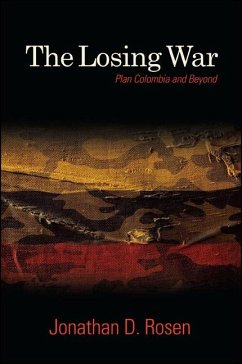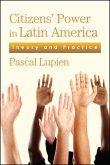Plan Colombia was an ambitious, multibillion dollar program of American aid to the country of Colombia to fight that nation's recreational drug industry. First signed into law by President Clinton in 2000, the program would, over a twelve year period, provide the Colombian government with more money than every other country in the region. But how successful was Plan Colombia, and is it a model worthwhile in applying to other countries? In The Losing War, Jonathan D. Rosen applies international relations theory to understand how the goals and objectives of Plan Colombia evolved over time, particularly after the events of 9/11. Various individuals, including Álvaro Uribe, the president of Colombia from 2002-2010, and George W. Bush, argued that Plan Colombia should be used as a model to help other countries combat drug trafficking. Plan Colombia was not mentioned in the Obama administration's 2011 budget proposal and no longer exists today. Rosen concludes that the policy failed to make substantial inroads in curtailing drug cultivation, production, or trafficking, thus calling into question the value of applying the same strategy to other countries, such as Mexico, in the present or future.
Dieser Download kann aus rechtlichen Gründen nur mit Rechnungsadresse in A, D ausgeliefert werden.









